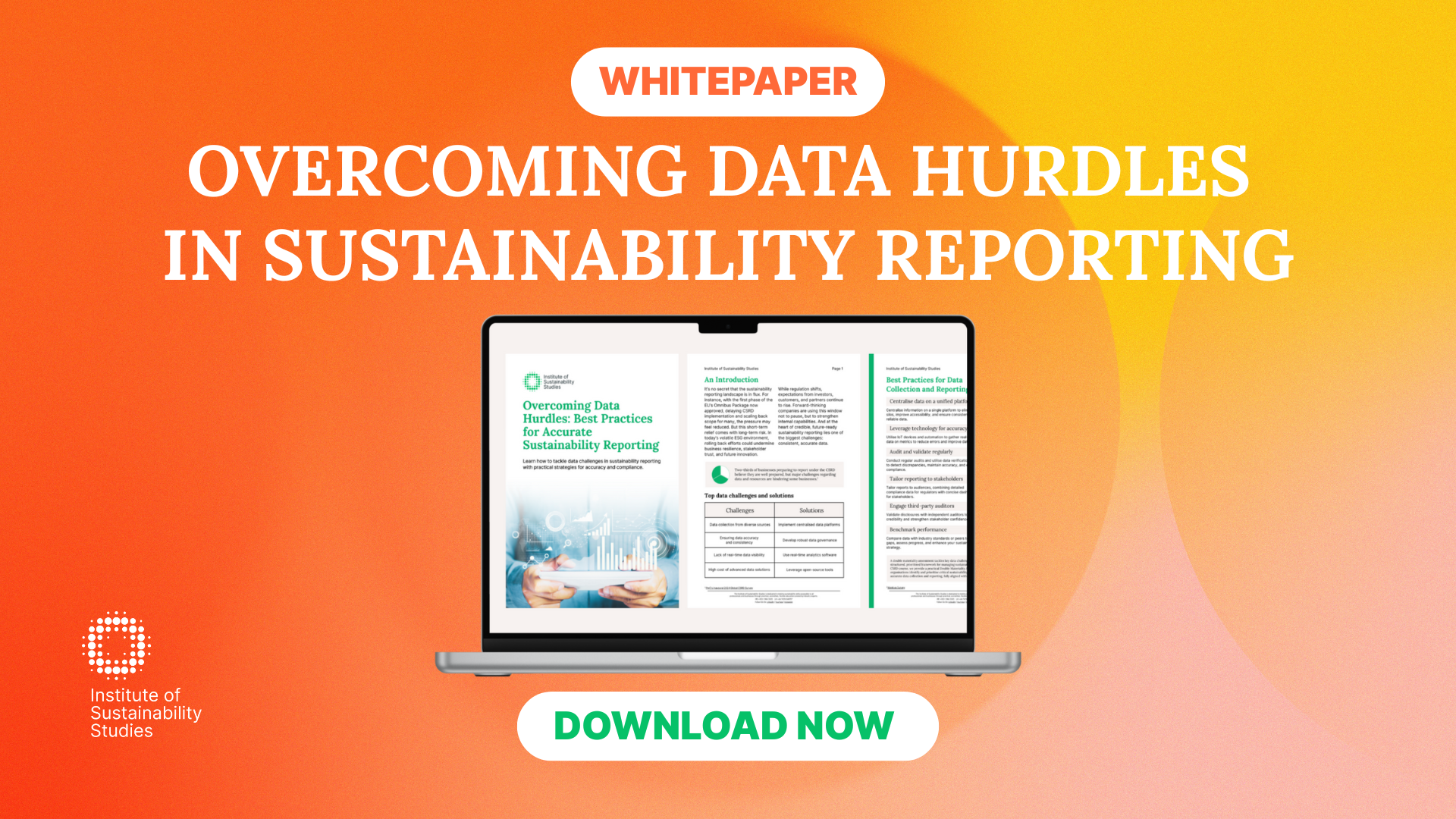According to the World Wildlife Foundation’s Living Planet Report 2022, wildlife populations have declined by approximately 69 percent over the last 50 years. As humans living on this planet, we depend on biodiversity in ways that are often not apparent, a critical aspect of environmental sustainability.
Ecosystem services and products positively affect our health and livelihoods. Similarly, the lack thereof can have adverse effects on our health. Biodiversity plays a very important role in human nutrition, health research, and traditional medicine.
Unfortunately, our climate is warming up, and high levels of carbon are being pumped into the atmosphere. This is causing biodiversity levels to decline rapidly. Restoring and conserving biodiversity is a top priority, and businesses can be a major driver of biodiversity conservation.
Biodiversity is more important to your business than you realise
Biodiversity risks are often associated with heavily impacted sectors like forestry, mining, and agriculture. Within these industries, non-environmentally-friendly practices can result in environmental degradation, fluctuating prices, supply-chain disruptions, smaller crop yield from overused land, and loss of pollinators.
In saying that, many other businesses also rely on natural capital. Therefore, the declining biodiversity is sure to have an impact on them in some way. For this reason, businesses must act on biodiversity issues and consider natural capital in their mainstream risk registers.
There are a number of reasons why businesses need to take biodiversity rates declining very seriously. For one thing, if your business practices are contributing to this problem, you could find it more difficult to access capital. Customers today care increasingly about climate change, and it is also being recognised more as a business risk.
Investors want to stay ahead of the curve and will likely soon only be funding those businesses that are not contributing to climate change issues, i.e. biodiversity loss. Going off of the current trends, it is likely they will want to back ‘nature-positive’ organisations.
Biodiversity loss can also negatively affect your business more than you realise. An ecosystem collapse could result in major operational risks. The World Economic Forum reports over half of the worldwide gross domestic product depends on nature after all. This means many businesses could face major problems if biodiversity rates continue to decline. Their financial performance could be affected, as well as their daily business activities.
If a business is acting on climate change, it only makes sense to also act on biodiversity. The two challenges are strongly connected. For example, forests and ecosystems, like coral reefs and mangroves, can be carbon sinks. These contribute to the mitigation of greenhouse gas emissions. In saying that, they are also a vital nature-based solution to help us adapt to climate change.
Summary
We are facing a major challenge to conserve habitats and restore biodiversity. Businesses can be a major driver of biodiversity conservation and should be a priority for every business. This problem is so closely related to climate change and can help businesses build a more resilient supply chain. In addition, addressing wildlife conservation can enhance the quality of life in local communities, enrich local ecosystems, and help farming to be more productive.
Dedicated to harnessing the power of storytelling to raise awareness, demystify, and drive behavioural change, Bronagh works as the Communications & Content Manager at the Institute of Sustainability Studies. Alongside her work with ISS, Bronagh contributes articles to several news media publications on sustainability and mental health.
- Bronagh Loughlinhttps://instituteofsustainabilitystudies.com/insights/author/bronagh/
- Bronagh Loughlinhttps://instituteofsustainabilitystudies.com/insights/author/bronagh/
- Bronagh Loughlinhttps://instituteofsustainabilitystudies.com/insights/author/bronagh/
- Bronagh Loughlinhttps://instituteofsustainabilitystudies.com/insights/author/bronagh/









